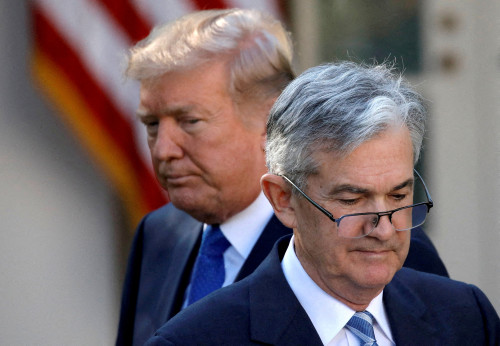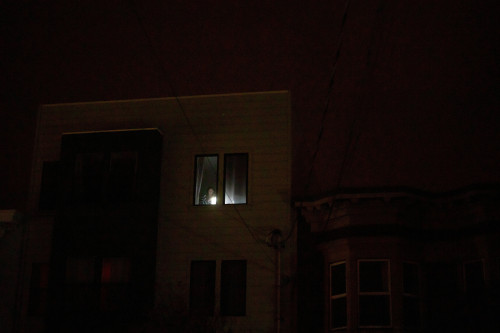
WASHINGTON (Reuters) – U.S. Federal Reserve Chair Jerome Powell is a “numbskull” who has kept interest rates too high, but he will be out in eight months, President Donald Trump said at a news conference on Tuesday.
“I think he’s done a bad job, but he’s going to be out pretty soon anyway. In eight months, he’ll be out,” he said from a meeting at the White House with Philippine President Ferdinand Marcos Jr.
Powell’s term as Fed chair runs through May 15, and he has repeatedly said he will not leave the post early. Eight months run until mid-March, and it was not immediately clear why Trump picked that time frame.
Trump has been hammering at Powell for months for not cutting rates and has frequently raised the possibility of ousting him, while also saying that firing him would be “unlikely.”
On Tuesday Trump repeated his view that the policy rate should be 3 percentage points lower than it is.
The central bank’s Federal Open Market Committee meets next week and is nearly universally expected to leave the policy rate in its current range of 4.25%-4.50% as policymakers wait to see how inflation and employment react to tariffs.
“Our economy is so strong now, blowing through everything. We’re setting records,” Trump said. “But you know what? People aren’t able to buy a house because this guy is a numbskull. He keeps the rates too high, and is probably doing it for political reasons.”
Treasury Secretary Scott Bessent, at the same meeting, trained his sights on the Fed for its non-monetary operations, again calling for a big internal investigation. White House officials have recently raised questions about a $2.5 billion renovation of two Fed buildings in Washington which they say are inappropriately lavish.
“The Fed has had big mission creep, and that’s where a lot of the spending is going,” Bessent said. “That’s where, why they’re building these new, or refurbishing these buildings, and I think they have got to stay in their lane.”
The Fed counters that the buildings had severe safety and efficiency shortcomings that needed to be addressed.
(Reporting by Trevor Hunnicutt, writing by Maiya Keidan; Editing by Chizu Nomiyama )





